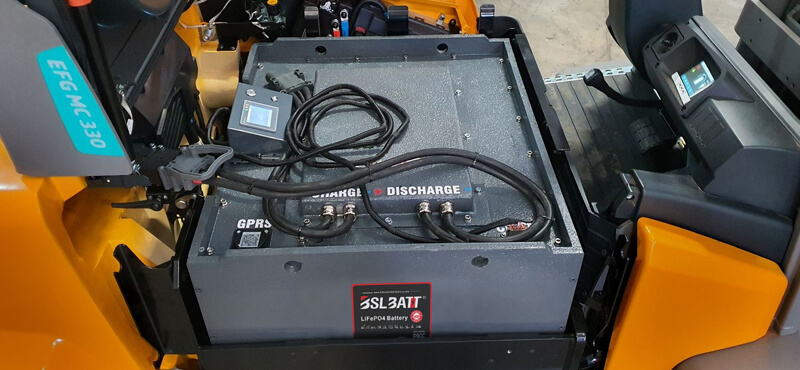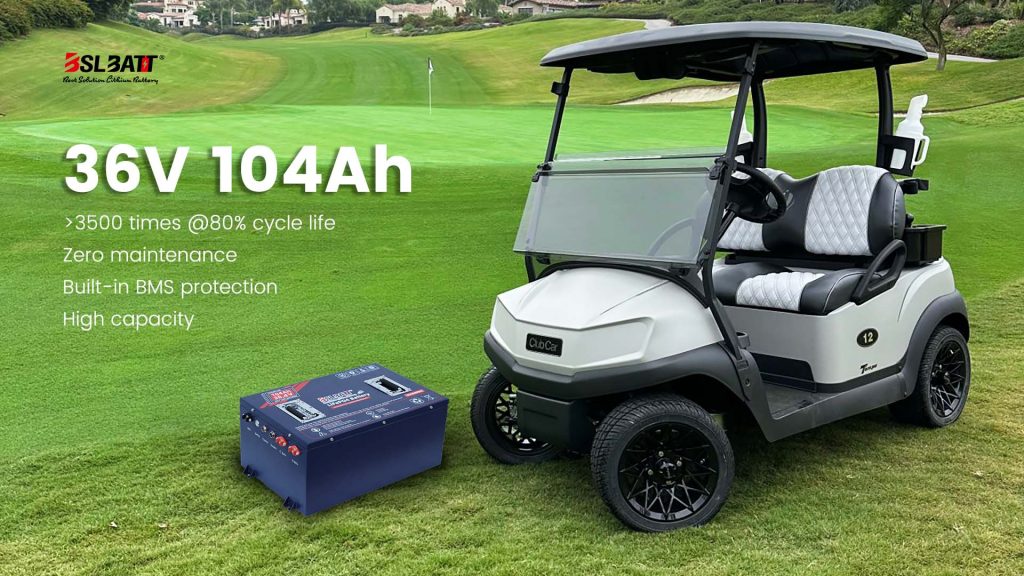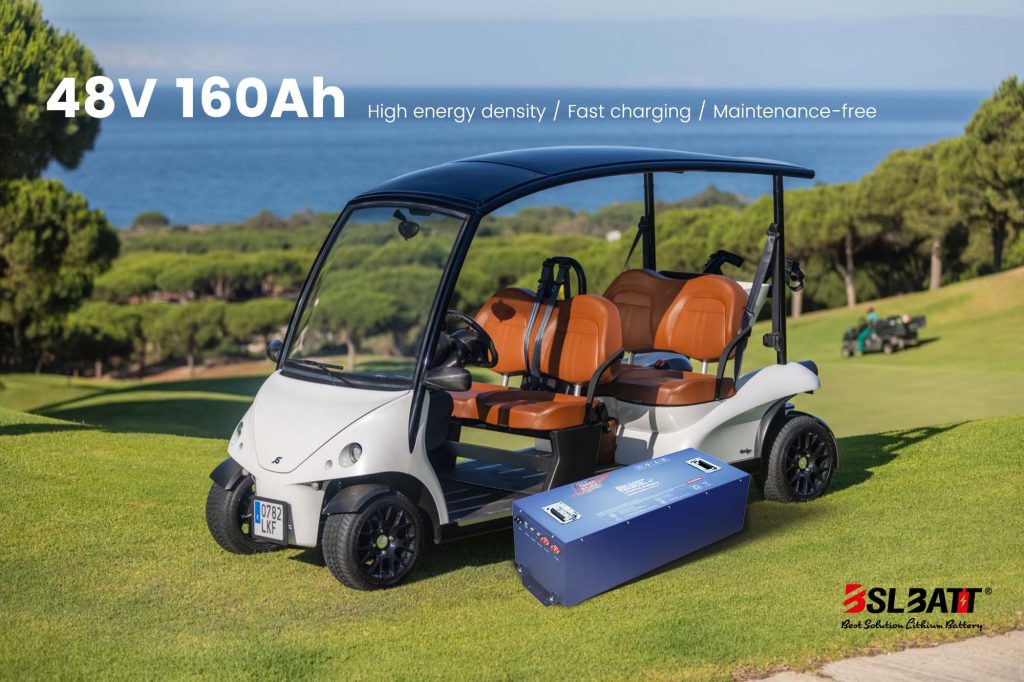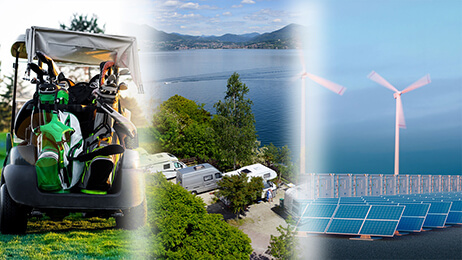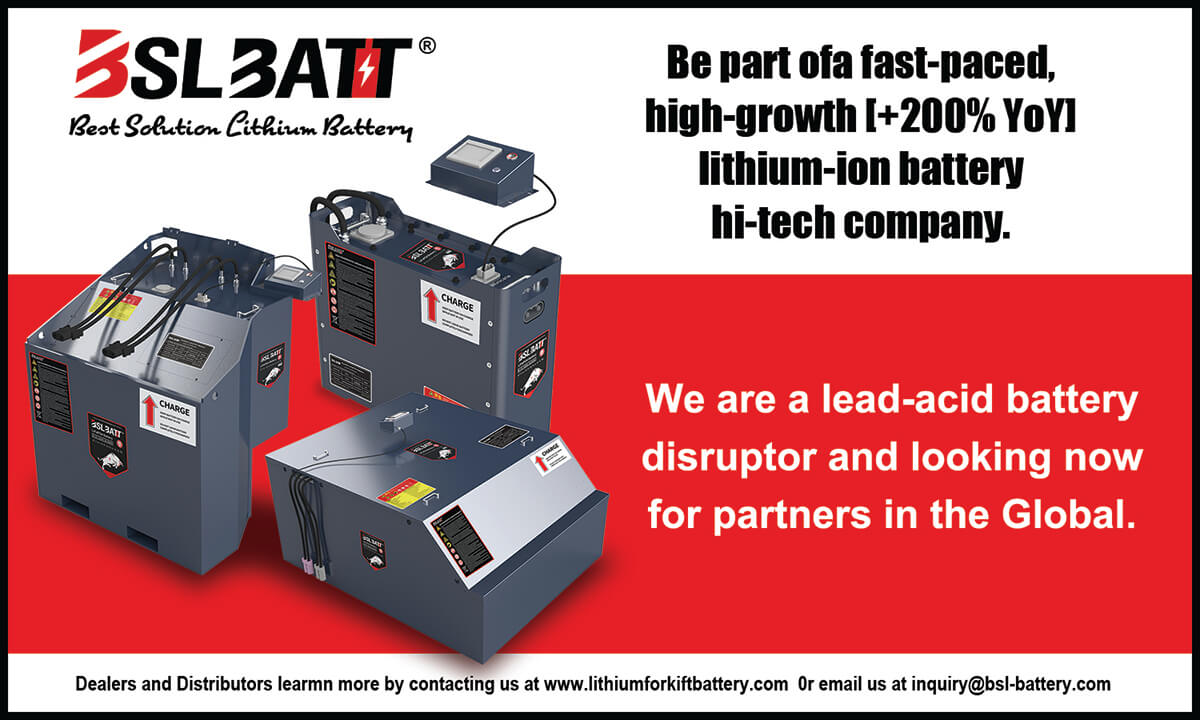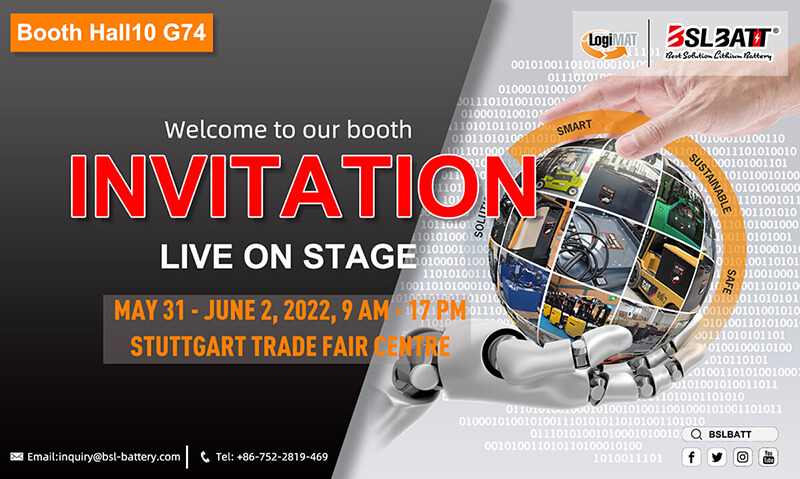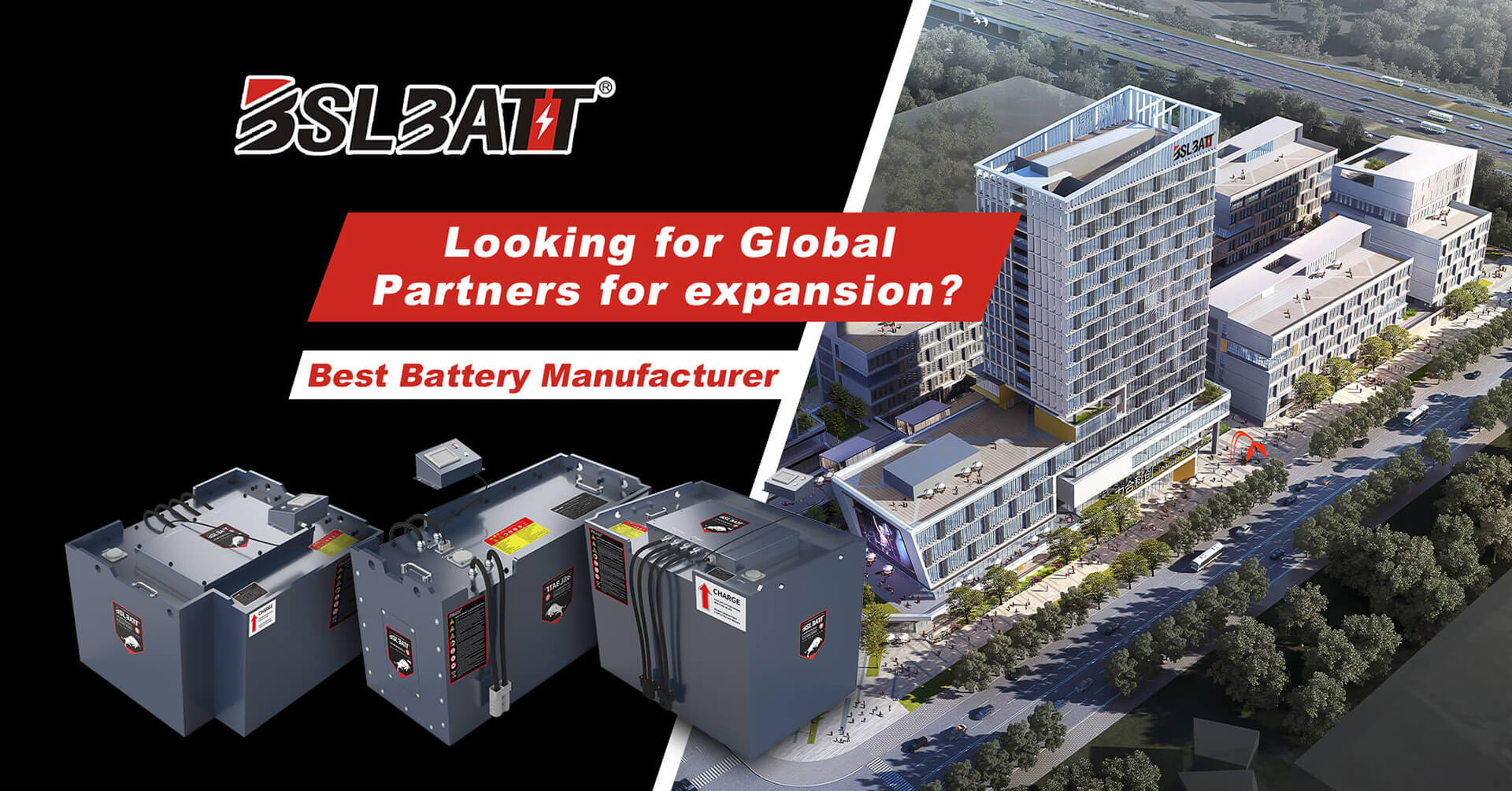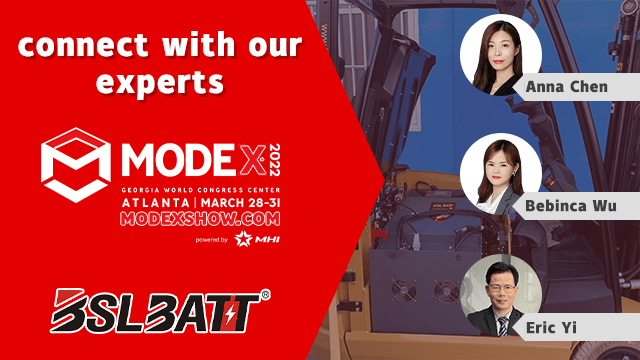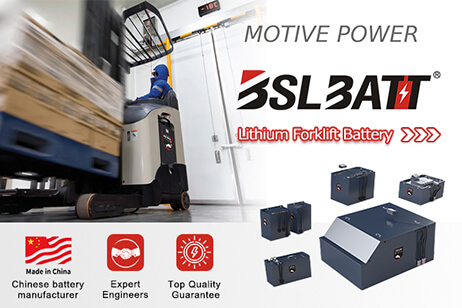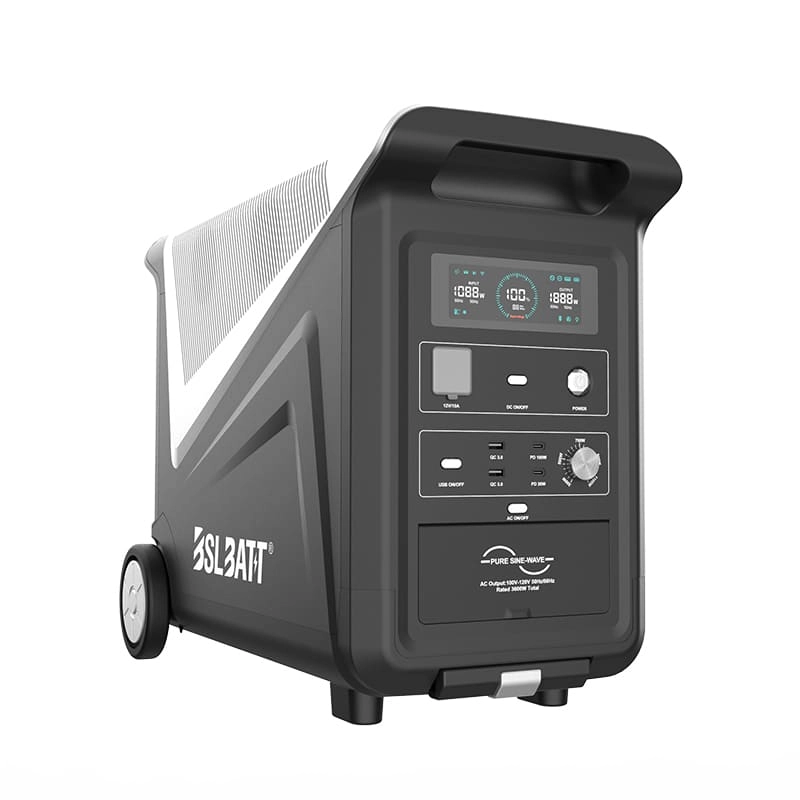
- China
- English
- Françai
- Español
- Deutsch
- Română
- العربية
- 한국어
- 日本語
- Italiano
- Português
- Gaeilge
- Dansk
- Čeština
- Русский
- Afrikaans
- Euskara
- Català
- Esperanto
- हिन्दी
- Ελληνικά
- Bahasa Melayu
- Polski
- Српски
- Kiswahili
- ภาษาไทย
- Tiếng Việt
- Türkçe
- Svenska
- Cymraeg
- Slovenčina
- Latviešu
- Malti
- Magyar
- Galego
- ગુજરાતી
- Eesti Keel
- বাংলা
- Shqip
- беларуская мова
- Nederlands
- Tagalog
- ქართული
- Íslenska
- Kreyòl Ayisyen
- Lietuvių
- Norsk
- slovenščina
- தமிழ்
- Українська
- ײִדיש
- اردو
- తెలుగు
- فارسی
- македонски
- ಕನ್ನಡ
- Bahasa Indonesia
- עברית
- Suomi
- Hrvatski
- Български
- Azerbaijani

Industry Application
Product Type
Top Guide to IP Ratings for Lithium Batteries
When choosing lithium batteries for applications such as solar energy storage, marine, RV, or golf carts, you will always see information about IP ratings in the supplier’s specifications. What exactly is an IP rating and what is the difference between the different IP ratings is one of the questions that the BSLBATT team is often asked by our customers.
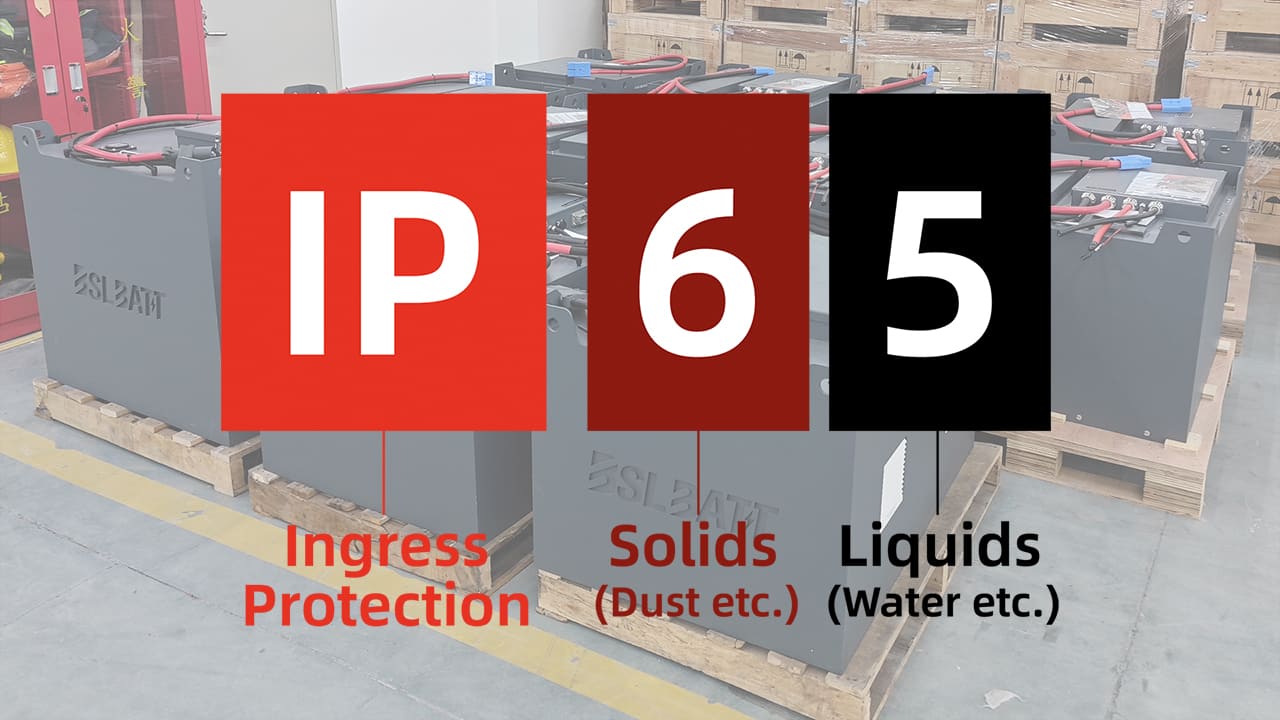
The protection level of the lithium battery casing (IP code/dust and waterproof) is an important indicator to ensure the normal operation of lithium batteries in different environments and to ensure the safety and reliability of the product protection. Then, in the selection and lithium battery products, we should pay special attention to its protection level, which is very important for the correct product selection, and battery installation and use. Below, for you to introduce the IP protection level of knowledge.
Meaning of IP Rating
Define electrical equipment such as lithium battery shell sealing performance, the internationally commonly used IEC60529 standard. This standard will quantify the different categories of protection levels mainly including solid foreign body intrusion shell protection (including tools, fingers or dust, etc.) and water protection (water to condensation, rinse, immersion, etc. into the shell of the way to cause harmful effects on the equipment).
Ingress Protection rating (IP rating for short): The standard IEC60529, drafted by the IEC (International Electrotechnical Commission), grades electrical and electronic products according to their dust and waterproofing capabilities. Sometimes also called “waterproof grade” “dustproof grade” and so on.
Lithium batteries usually common protection levels IP20, IP22, IP54, IP65, IP66, IP67, IP68 and so on.
Take IP68, in front of the number 6 on behalf of the dustproof ability to reach level 6 is also completely dust-tight state, and the back of the number 8 on behalf of the waterproof ability to reach level 8 is also greater than the state of the water depth of 1 meter under the state of continuous diving equipment will not get into the water, IP68 is a typical representative of our daily use of cell phones.
IP20, IP22: mainly for indoor installation or cabinet installation of lithium battery products, such as common rack batteries and wall-mounted batteries.
IP54, IP65: mainly for golf carts, forklifts and other lithium batteries that require high dust protection and can prevent the impact of large water currents; of course, some lithium solar batteries need to be installed under the eaves also have the same level of protection requirements.
IP67, IP68: mainly for ships, and marine applications of power or storage lithium batteries, these areas of the lithium battery dustproof and waterproof ability is quite high.
Differences Represented by Different IP Ratings
The two digits behind the IP indicate the protection strength of the lithium battery case against solid foreign matter and water intrusion, the first digit indicates the level of lithium battery dustproof, preventing the intrusion of foreign matter, the second digit indicates the level of lithium battery moisture-proof, waterproof intrusion of the degree of confinement, the bigger the digit indicates that the higher the level of protection.
For example: in protection level IP54, IP is the marking letter, the number 5 is the first marking number, 4 is the second marking number the first marking number indicates the contact protection and foreign object protection level, the second marking number indicates the waterproof protection level.
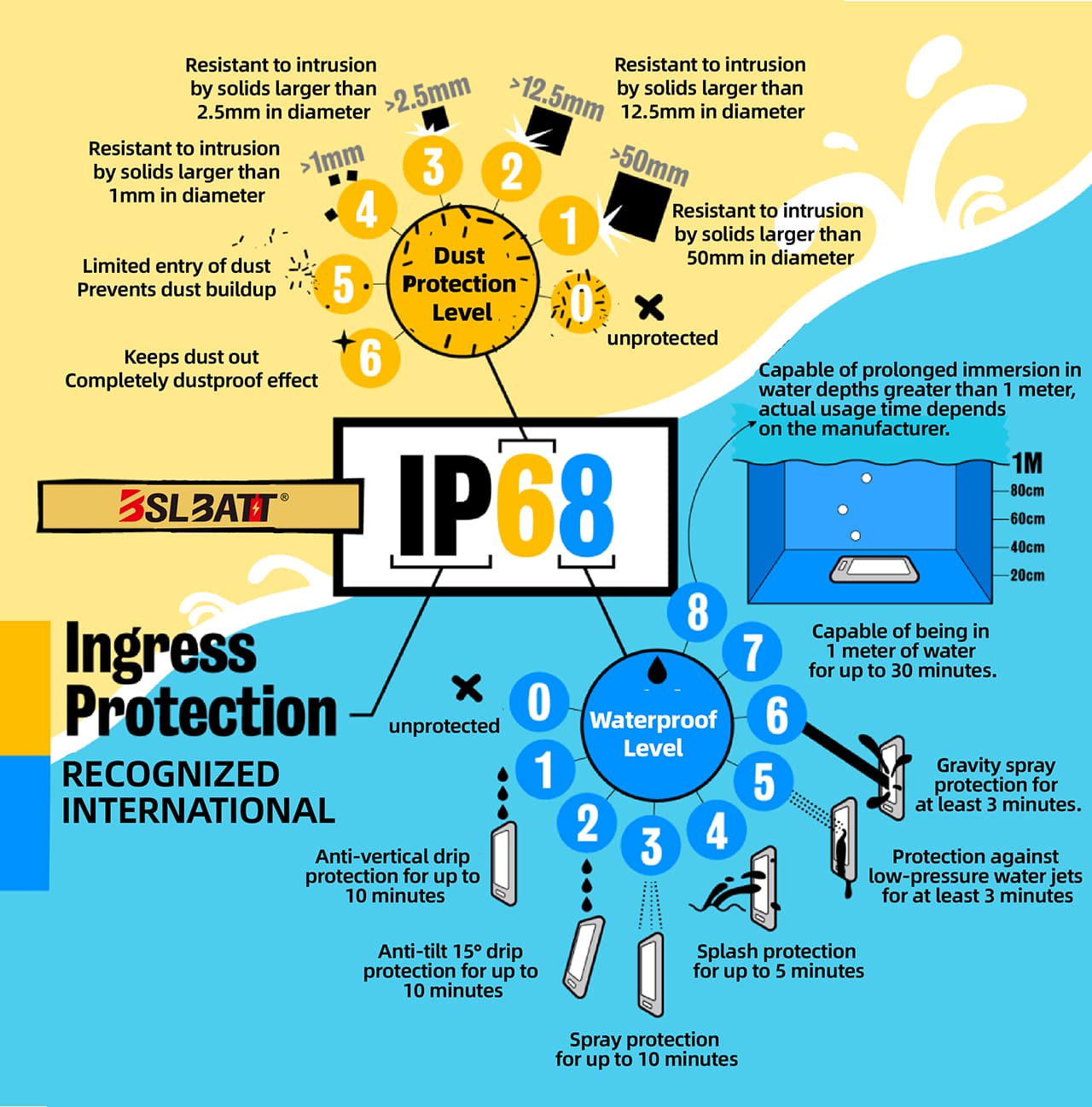
The first digit after IP: dust protection level
| Digital | Protection Range | Description |
| 0 | Unprotected | No specialized protection |
| 1 | Protection against objects > 50 mm in diameter | Spherical objects with a diameter of 50 mm cannot enter the housing. |
| 2 | Protection against objects > 12.5 mm in diameter, e.g. fingers | 12.5mm diameter spherical objects cannot enter the housing |
| 3 | Protected against objects > 2.5 mm, e.g. cables | Diameter 2.5mm spherical objects can not enter the housing |
| 4 | Protected against objects > 1.0 mm, e.g. flies and other small flying insects | Spherical objects with a diameter of 1.0 mm cannot enter the housing. |
| 5 | Incomplete protection against dust ingress, but dust ingress will not interfere with the normal operation of the device or jeopardize safety | Can not completely prevent dust from entering, but the dust entering does not affect the normal operation of the equipment and does not affect safety. |
| 6 | Does not allow dust ingress (complete dust protection) | No dust entry |
The second digit after IP: waterproof protection level
| Digital | Protection Range | Description |
| 0 | Unprotected | No specialized protection |
| 1 | Prevents vertical dripping | No harmful effects of vertical dripping |
| 2 | Prevents ingress of water from inclined drips | Vertical dripping without harmful effects when each vertical side of the enclosure is inclined within 15″ |
| 3 | Preventing intrusion of sprayed water | No harmful effects of water dripping from vertical surfaces within 60 degrees of the name. |
| 4 | Protected against splashing water | No harmful effects of splashing water in all directions of the enclosure |
| 5 | Protected against water jets | No harmful effects of spraying water in all directions to the outer shell |
| 6 | Protected against strong jets of water | No harmful effects of strong water spraying in all directions to the outer constitution |
| 7 | Protection against the effects of short-term immersion | Immersed in the specified pressure of the water after a specified period of time shell into the water does not reach a harmful degree. |
| 8 | Protection against the effects of continuous submersion | According to the agreement between the manufacturer and the user, the lithium battery will not be affected by water ingress when working under specified conditions for a long time or continuously in water. |
IP Waterproof and Dustproof Test Inspection Standard
- GB/T 4208-2017 Enclosure protection level (IP code)
- IEC/EN 60529 Enclosure protection level (IP code)
- GB/T 2423.38-2008 Environmental testing of electrical and electronic products Part 2: Test methods Test R: Water test methods and guidelines
- GB/T 2423.37-2006 Environmental testing of electrical and electronic products Part 2: Test methods Test L: Sand and dust test
Among BSLBATT‘s wide range of lithium batteries, solar batteries for home energy storage are commonly rated at IP20 and IP22; lithium batteries for low-speed power applications such as golf cart batteries and forklift batteries are mostly IP54; and lithium batteries for outdoor applications such as portable power supplies and inverters are usually IP65. If you are looking for a suitable lithium battery for your special application and are confused about the IP rating, please send us a message and BSLBATT’s professional lithium battery engineers will be at your service and provide you with the best lithium battery solutions.
A Guide to Choosing the Best 48V Lithium Golf Cart Battery
Would it be worth investing in a 48V ...
10 Exciting Ways To Use Your 12V Lithium Batteries
Back in 2016 when BSLBATT first began designing what would become the first drop-in replacemen...
BSLBATT Battery Company Receives Bulk Orders from North American Customers
BSLBATT®, a China Forklift battery manufacturer specializing in the material handling indust...
Fun Find Friday: BSLBATT Battery is coming to another great LogiMAT 2022
MEET US! VETTER’S EXHIBITION YEAR 2022! LogiMAT in Stuttgart: SMART – SUSTAINABLE – SAF...
Looking for new Distributors and Dealers for BSL Lithium Batteries
BSLBATT battery is a fast-paced, high-growth (200% YoY ) hi-tech company that is leading the a...
BSLBATT to Participate at MODEX 2022 on March 28-31 in Atlanta, GA
BSLBATT is one of the largest developers, manufacturers, and integrators of lithium-ion batter...
What makes the BSLBATT the Superior Lithium Battery for your Motive Power needs?
Electric forklift and Floor Cleaning Machines owners who seek the ultimate performance will fi...






